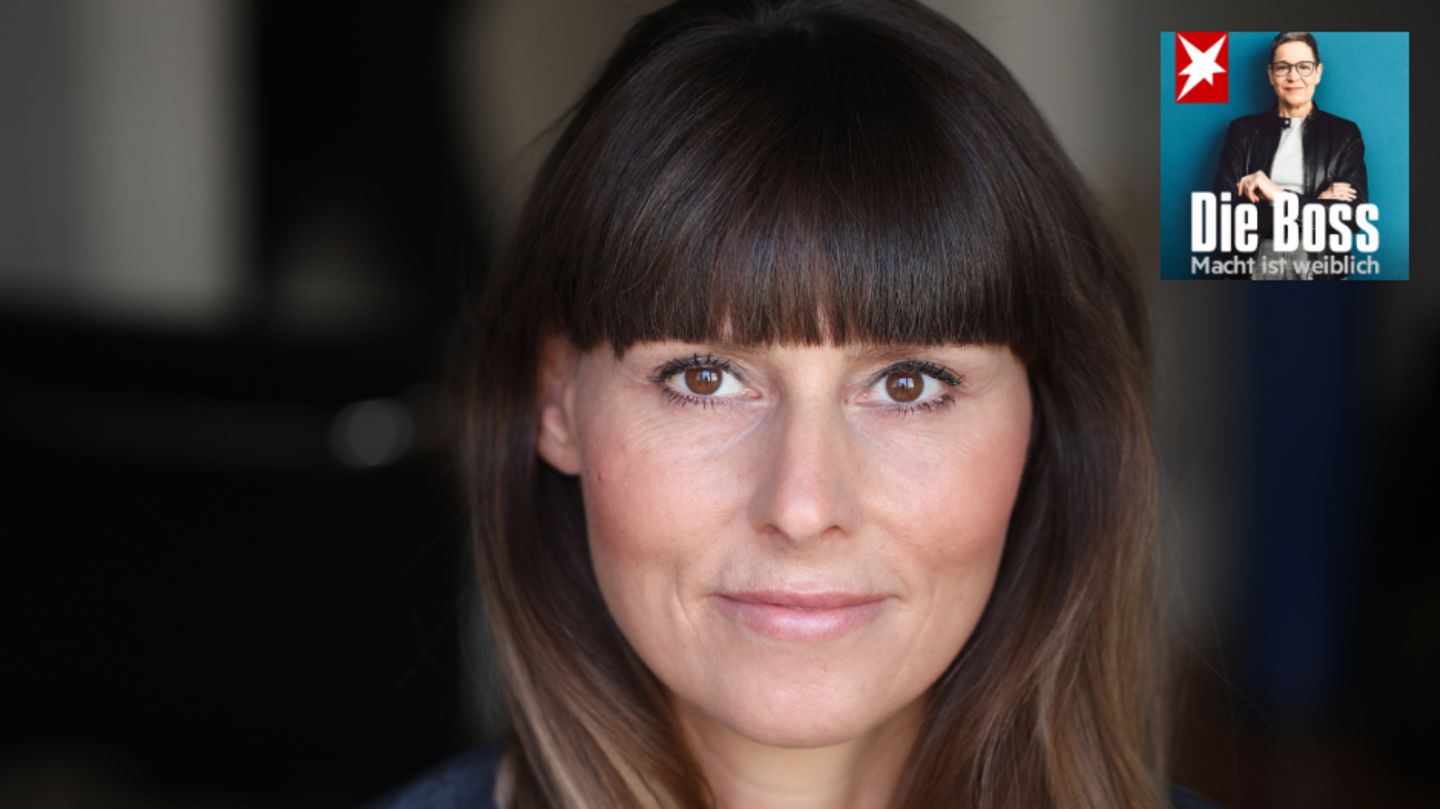Simone Domke is committed to an inclusive work culture that is not only morally but also economically important. A conversation about prejudices, diversity washing and the right job advertisement.
An inclusive workplace, an ethnically mixed team, a team that is half female – that sounds like morally good intentions that most people would approve of. But when it comes to making money, many CEOs initially wave it off. There are more important things to consider. Studies have already shown that diversity and inclusion can also increase the success of a company. A McKinsey analysis from 2020 calculated that companies with high gender diversity are 25 percent more likely to be above-average profitable. When ethnic diversity is added, the probability even rises to 36 percent.
Simone Domke has long recognized this. Two years ago, she founded a personnel consultancy with Fabienne Braun-Haffani called “Dear Human Agency – Agency for Humans, not Resources”. For her, the focus is on people in all their diversity. The agency, based in Hamburg, wants to show companies how they can operate successfully and sustainably with diversity and equal opportunities. More and more companies are interested in the topic, but not everyone has yet understood what diversity actually means.
In the stern podcast “Die Boss,” multi-board member and host Simone Menne talks to Simone Domke about how companies can avoid “diversity washing” and how we can break unconscious thought patterns in order to live true diversity. Because we all have prejudices, even if we don’t want to admit them. Acknowledging this to yourself and others can be a first step towards developing a sustainable and diverse work culture, explains the consultant. From Simone Domke’s point of view, companies have no other choice. Because the shortage of skilled workers will make it difficult for many companies to find enough staff.
Innovation through diversity
For Domke, it is important to first sensitize company management to diversity before pursuing further ambitions. Many HR managers think that they only need to hire diverse people and they have already achieved their goal. However, the prerequisites for living diversity in the company are often lacking. Then placing someone with a diverse background is not productive.
“It’s no use if we have the candidates in the company and then we realize that the company doesn’t have the right prerequisites yet. That means we have to start all over again.” This is more likely to scare away good employees. This can be seen, for example, in job advertisements that emphasize openness to people with disabilities without explaining how inclusive the workplace really is.
“I hardly know of any company that is barrier-free – and the toilets are not enough. I could say that I am perhaps somewhat barrier-free. So one goal here would be to be able to enable diversity at all,” explains Domke.
What other practical tips the HR consultant has for inclusive job advertisements and conscious application processes and why women in male teams engage in ”code switching” can be heard in the new episode of star-Podcasts “The Boss – Power is Female”.

“The Boss” newsletter
“Die Boss” host Simone Menne and the staff of the “Die Boss” editorial team will take turns to talk to you about leadership. Analyses, tips and tricks. Every 14 days, always between podcast episodes.
In “Die Boss – Power is Female” top women talk among themselves: host and multi-supervisory board member Simone Menne (including BMW, Deutsche Post DHL, Henkel) meets female bosses from all walks of life to talk to them about their lives and careers. “Die Boss” appears every two weeks on Wednesdays on and the of the star and onand all common podcast platforms.
Note from the editors: Der stern belongs to RTL Germany.
Source: Stern




